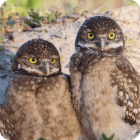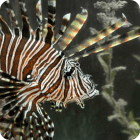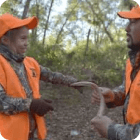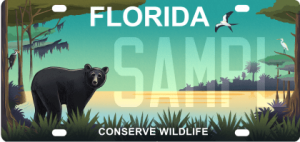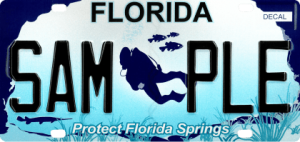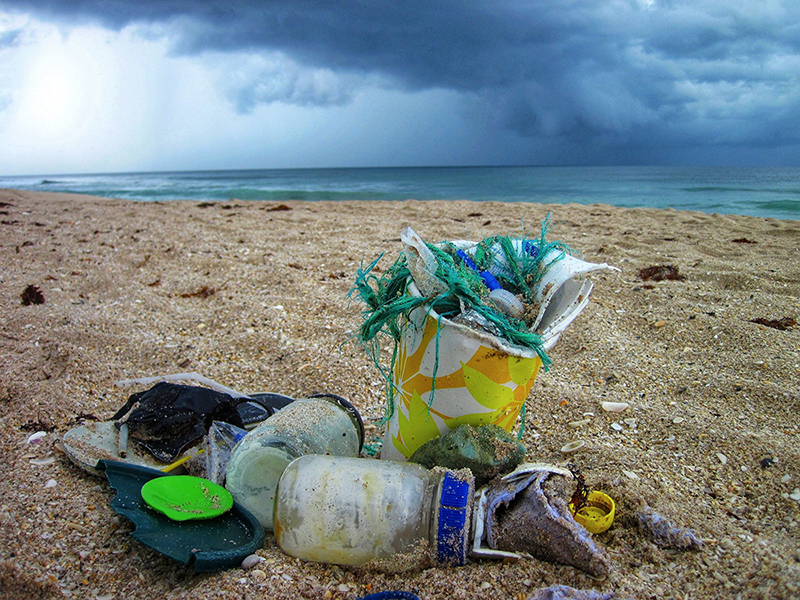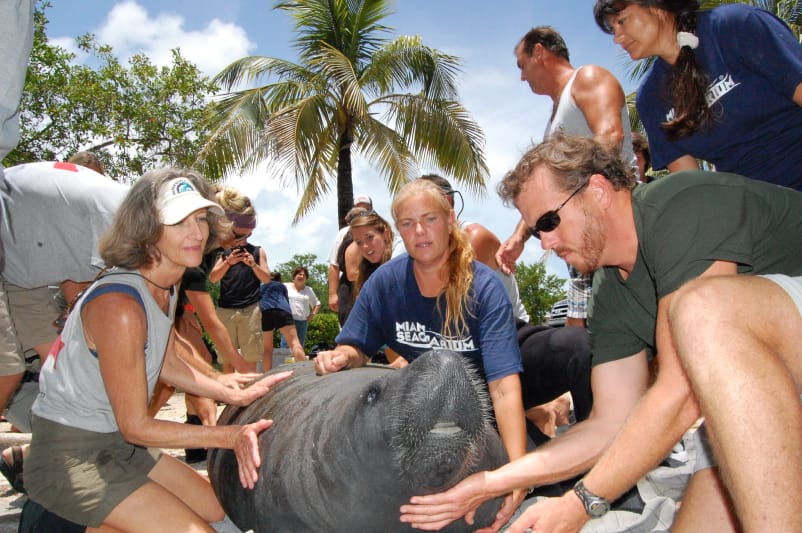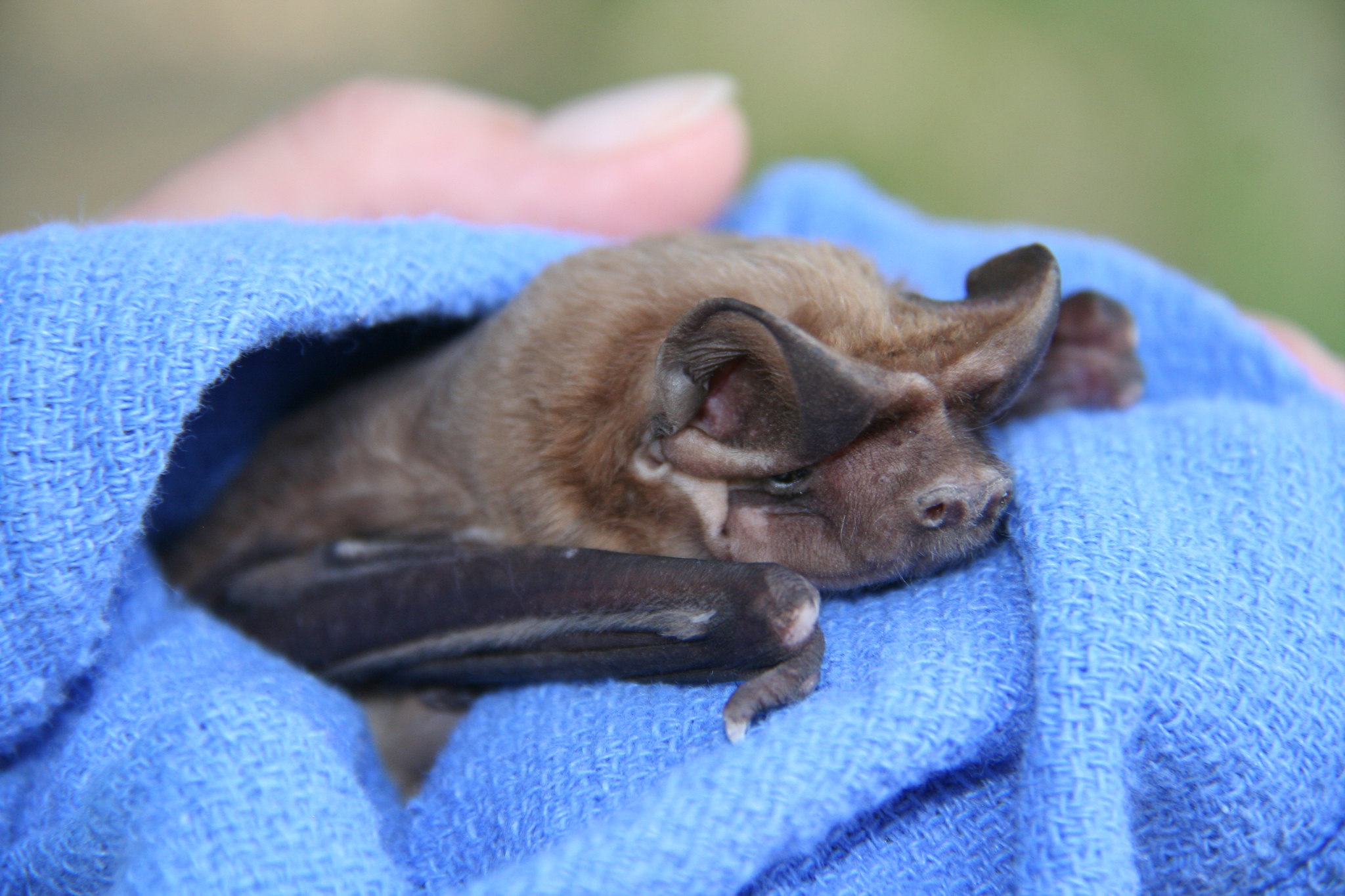
Horror movies and vampire lore have given bats a bad rap. But without these bug-eating, seed-spreading, flying pollinators, we’d be in a lot of trouble. In honor of National Bat Week, take a look at how these invaluable populations shape our world:
- Take a shot to celebrate bats! Bats are the number one pollinator of agave plants, which are harvested to produce tequila and mezcal. In fact, recent spikes in mezcal distribution to the United States may threaten certain species of bats that rely on agave nectar.
- Many tropical fruits, like cacao, rely on bats for pollination. Next time you reach for that mocha cappuccino, thank a bat!
- Bats around the world eat trillions of insects every night; scientists estimate bats save U. S. farmers alone at least $3 billion/year in reduced crop damage and lower pesticide use.
The Florida bonneted bat is one of the most endangered bat species in North America and Florida’s only endemic flying mammal. About the size of an iPhone while at rest, the bonneted bat is Florida’s largest bat species.
To date, only a few bonneted bat nursery roosts have been documented, resulting in very little research available on the species. Only a few counties in southwest Florida house this species due to habitat destruction and low annual reproduction.
Building your own bat house is a great way to combat habitat destruction for Florida’s native bat species. An added bonus: free natural pest control for your backyard!
Our Foundation’s Florida bat fund supports research on vulnerable species, as well as bat houses around the state. Click here to learn more and donate in honor of National Bat Week.
